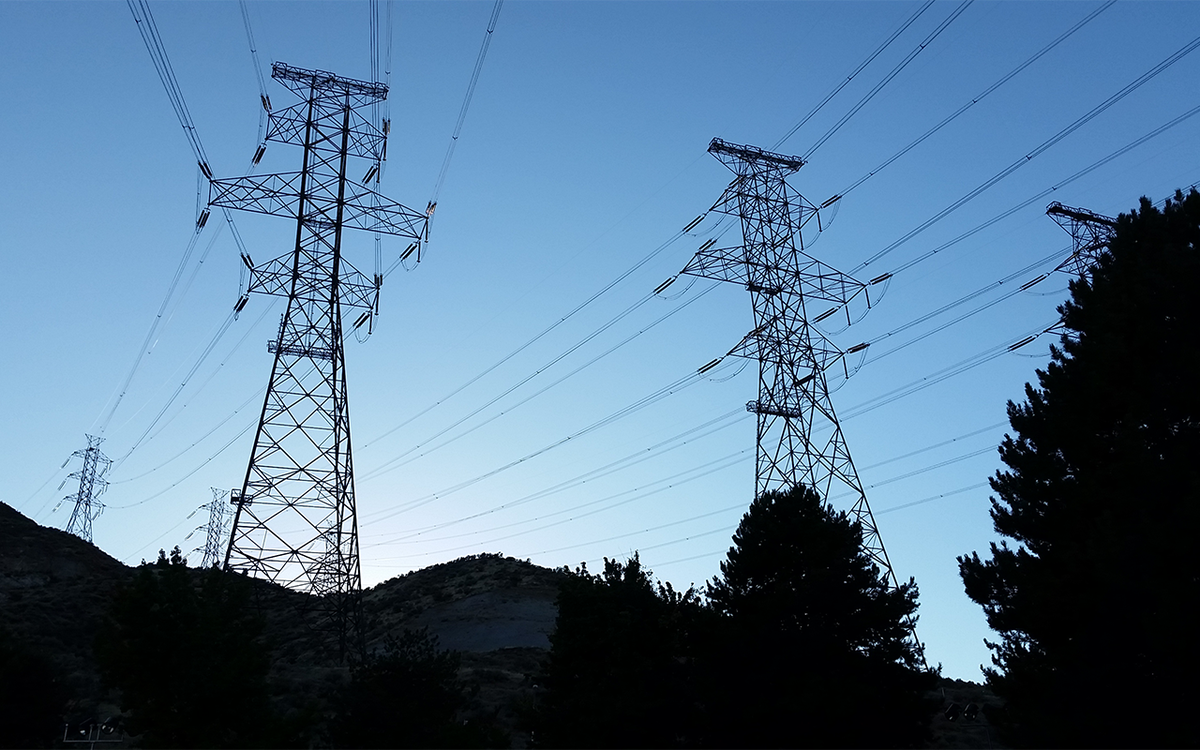In Prague, the effects were felt instantly. Credit: Varistor60 / Creative Commons
On Friday July 4 a major power outage brought parts of the Czech Republic to a standstill, exposing serious vulnerabilities in the country’s energy infrastructure. The blackout affected large areas of Prague and several surrounding regions, disrupting transportation networks, hospital operations and daily life for thousands.
The outage struck shortly after midday, when large sections of the national power grid went offline due to a technical fault. According to ČEPS, the country’s transmission system operator, the incident was triggered by the fall of a phase conductor on a high-voltage line—specifically line V411. The malfunction caused an immediate and widespread disruption across the grid, cutting power to eight major substations. Only five were back online by the early afternoon.
Karel Hanzelka, a spokesperson for Prague’s electricity supplier PRE, explained the issue as a failure in the upper-level transmission grid. “To put it simply, electricity stopped flowing into Prague from the outside,” he said. This left vast areas of the capital without power, including the eastern bank of the Vltava River.
Most Read on Euro Weekly News
Transport paralysed, passengers trapped
In Prague, the effects were felt instantly. Tram services halted across the city, metro lines ceased operation, and hundreds of people found themselves stuck in lifts. Although Prague’s international airport continued operating, long-distance and regional trains faced severe delays. Routes connecting Prague with major cities such as Brno, Olomouc and Děčín were particularly affected. Emergency teams were dispatched to evacuate passengers from nine immobilised trains.
Martin Kavka, spokesperson for the Railway Administration, described “widespread irregularities” across the rail network. The blackout not only caused logistical chaos but also left many passengers in vulnerable situations, dependent on emergency assistance.
Emergency response and overwhelmed firefighters
Firefighters across the country struggled to respond to a sharp rise in calls. In Prague alone, rescue workers carried out 215 elevator extractions within hours. Fires were also reported, some believed to be linked to diesel generators kicking in after the outage.
Medical facilities switched to emergency protocols, relying heavily on backup generators. In Kutná Hora, an entire hospital ran on a reserve generator with fuel for just eight hours. Staff were actively seeking nearby fuel supplies to keep systems running.
While Health Minister Vlastimil Válek assured the public that no patients were endangered and all facilities followed standard emergency procedures, the strain placed on health services was evident. In Hradec Králové, some surgeries were postponed as a result of the outage.
Prime Minister Petr Fiala convened the Central Crisis Staff at 4 p.m. to coordinate the national response. “This is a serious and disruptive situation. Everyone is working intensively to restore power,” he said. Industry Minister Lukáš Vlček warned the public that the resolution would not be swift, saying, “It will take hours, not minutes.” Meanwhile, the National Cyber and Information Security Agency confirmed there was no evidence of a cyberattack, and that the cause appeared to be purely technical.
Under investigation
The exact cause of the initial infrastructure failure remains under investigation. Authorities have not yet determined whether it was due to weather, technical malfunction, or structural deterioration.
The events of July 4 underscore the fragility of modern infrastructure in the face of unexpected disruptions. While no casualties were reported, the blackout exposed critical gaps in emergency preparedness and the need for improved coordination between energy providers, emergency services and government bodies.
As investigations continue, the incident is likely to fuel political debate about the country’s energy security and disaster response systems in the months ahead.
Stay tuned with Euro Weekly News for the latest news about Europe.
